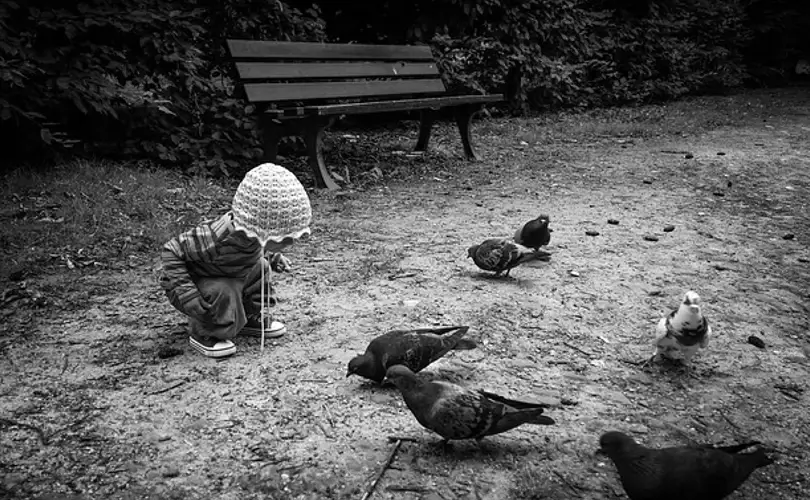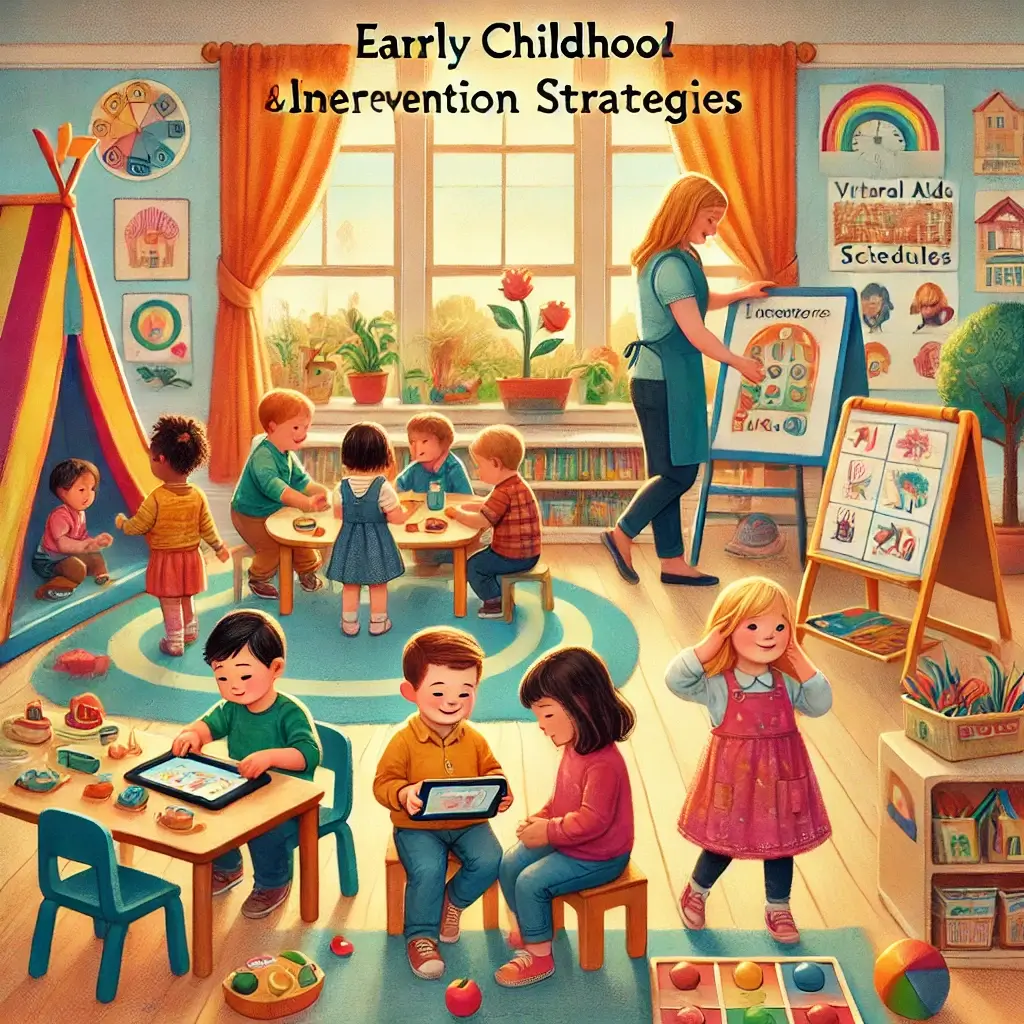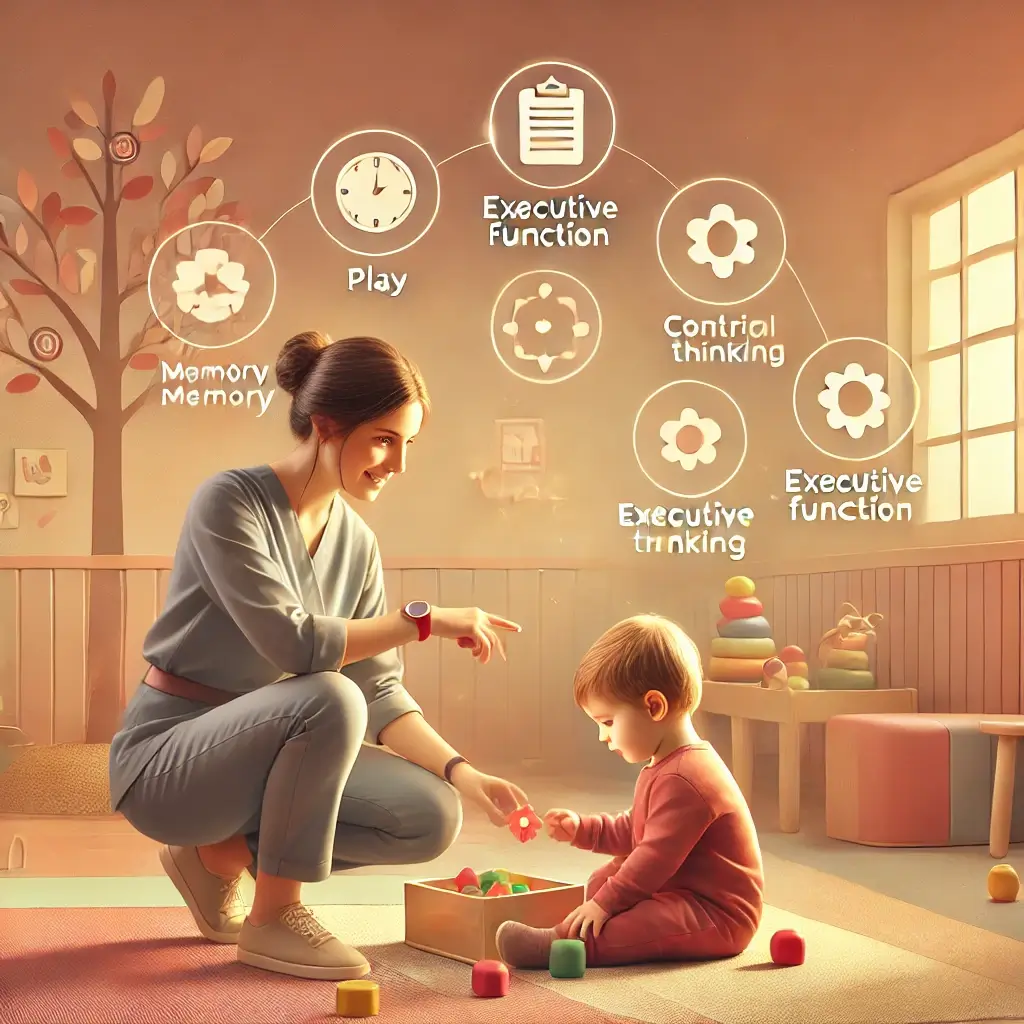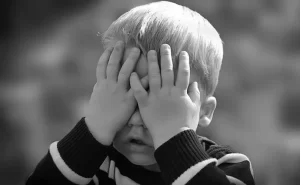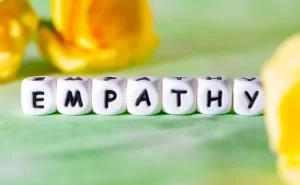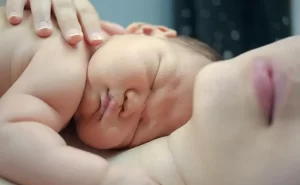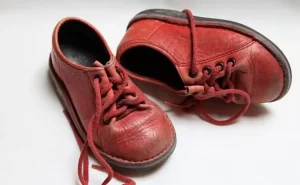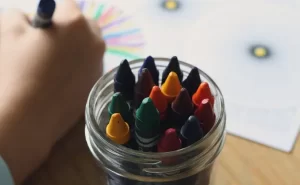Important Ideas in the Sensorimotor Stage
The first of Jean Piaget’s four stages of cognitive development is the sensorimotor stage. Infants and toddlers learn about the world throughout this period through their senses and their physical activities. The sensorimotor period lasts from birth until about age two.
The sensorimotor stage was split into six substages by Piaget:
Reflexes (from birth to one month): Stage 1 At this time, infants have a range of reflexes, including sucking, clutching, and rooting. They engage with the environment around them by using these reflexes.
Stage 2: Early circular responses (between one and four months): Infants start to repeat behaviors that they find enjoyable during this period. For instance, newborns could repeatedly suck their thumbs or rap their hands on a table.
Stage 3: Subsequent circular responses (between 4 and 8 months): Infants start to repeat acts that have intriguing outcomes at this time. For instance, a baby could frequently drop a toy to observe how it lands.
Stage 4: Secondary scheme coordination (8 to 12 months): Infants integrate two or more strategies into one action during this period. A baby could, for instance, knock a toy on the table before picking it up and sucking on it.
Tertiary circular responses (12–18 months): Infants start to actively experiment with the world at this time. They could test out different toy placements to see what occurs or check how many blocks they can stack on top of one another.
Stage 6: Scheme internalization (18 to 24 months): Infants start to create mental images of things and experiences during this period. They may now imagine things that are not there and utilize their mental images to work out challenges.
Essential Ideas in the Sensorimotor Stage
Understanding the sensorimotor stage requires an understanding of a few essential ideas. These consist of:
Assimilation is the process of absorbing new knowledge into preexisting schemas.
Changes to current schemas are made to provide room for additional information during the accommodation process.
The idea that objects continue to exist even when they are hidden from view is known as object permanence. Schemas are mental models of things and things happening. The capacity to duplicate an activity that has already been witnessed in the past is known as a delayed imitation. Since newborns and toddlers lay the groundwork for subsequent cognitive capacities during this stage of development, the sensorimotor stage is crucial.
For instance, the development of object permanence is crucial to the growth of language and symbolic reasoning. Additionally, the formation of schemas provides the groundwork for eventual problem-solving abilities.
Methods for Assisting the Sensorimotor Stage
Parents and other caregivers may help with the sensorimotor period in various ways. These consist of:
Creating a stimulating environment allows babies and toddlers to explore and engage with their surroundings. To encourage children to utilize their senses and body, you may give them toys, books, and other items. Regularly talking to, questioning, and playing with newborns and toddlers is “interacting with” them. This fosters the growth of their communication, analytical, and social abilities.
Giving young children the flexibility to explore their surroundings and try new things is one way to encourage them to learn about their world. They gain knowledge of their surroundings and improve their ability to solve problems.
A crucial stage in the development of cognitive abilities is the sensorimotor stage. Infants and toddlers learn about the world throughout this period through their senses and their physical activities. They acquire crucial cognitive skills, including postponed imitation, object permanence, and schemas.
Parents and other caregivers may encourage the sensorimotor period by creating a stimulating environment, engaging with infants and toddlers often, and encouraging them to explore their surroundings.
